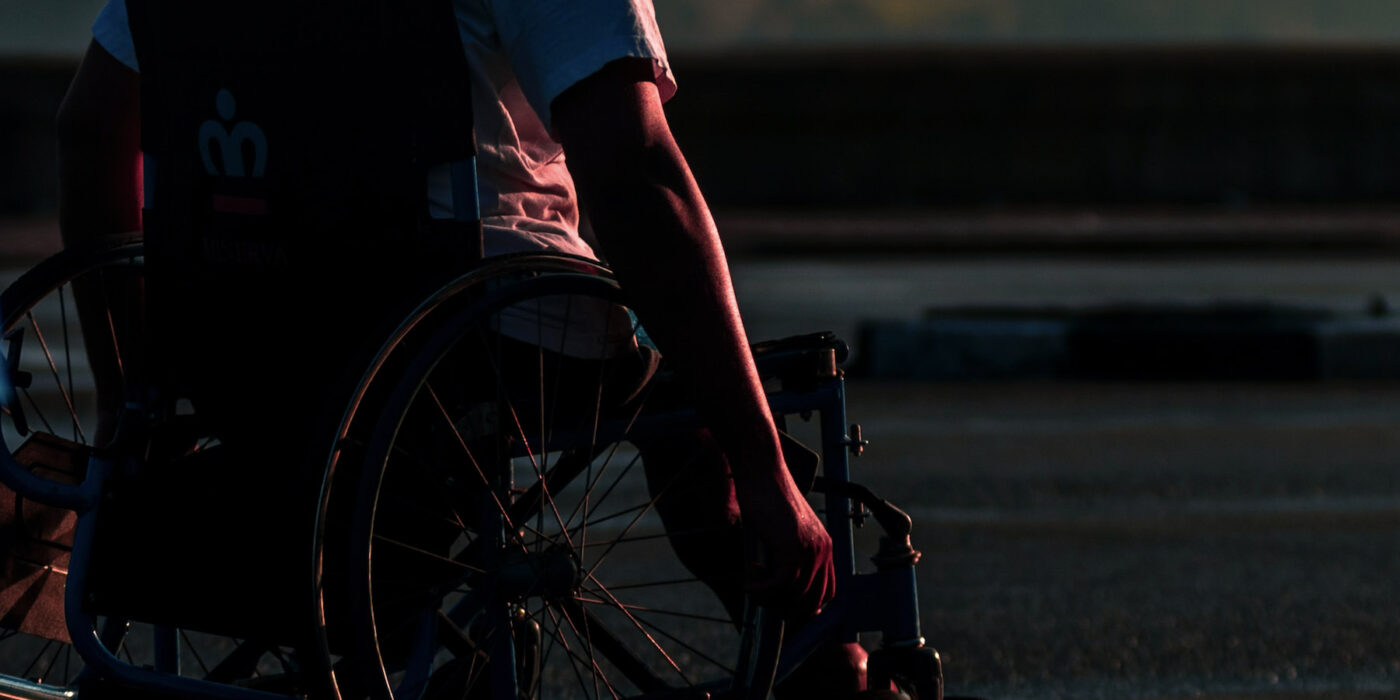
Objective
To update the existing ORN 21 good practice guide to reflect improvements and changes in international best practice for accessible transport infrastructure services (focused on low and middle income countries) since its publication in 2004.
Potential impact
Wider uptake and more integrated use in transport and urban planning professionals around the world, coupled with better recognition of the needs of people who experience disabilities among decision-makers, project funders and government agencies.
Approach
An extensive literature review will be taken, shaped and supplemented by engagement with a range of key international experts. Literature review and expert input to contribute to content mapping and identification of relevant new and updated good practice approaches and case study examples compared to the existing ORN 21.
Expected Outcome
Wider uptake and more integrated use in transport and urban planning professions around the world, coupled with better recognition of the needs of people with disabilities among decision-makers, project funders and Government agencies.
COVID-19 Response
COVID-19 has massively impacted the accessibility of people with disabilities all over the world. Key examples include:
People who are deaf or have a hearing impairment struggle to lip-read with the widespread use of masks
Social distancing creates a barrier to travel for people who previously relied on help from transportation staff for physical accessibility
People who are blind or have a visual impairment find it hard to navigate emergency changes to pavement layouts which don’t include tactile or full dropped kerbs
